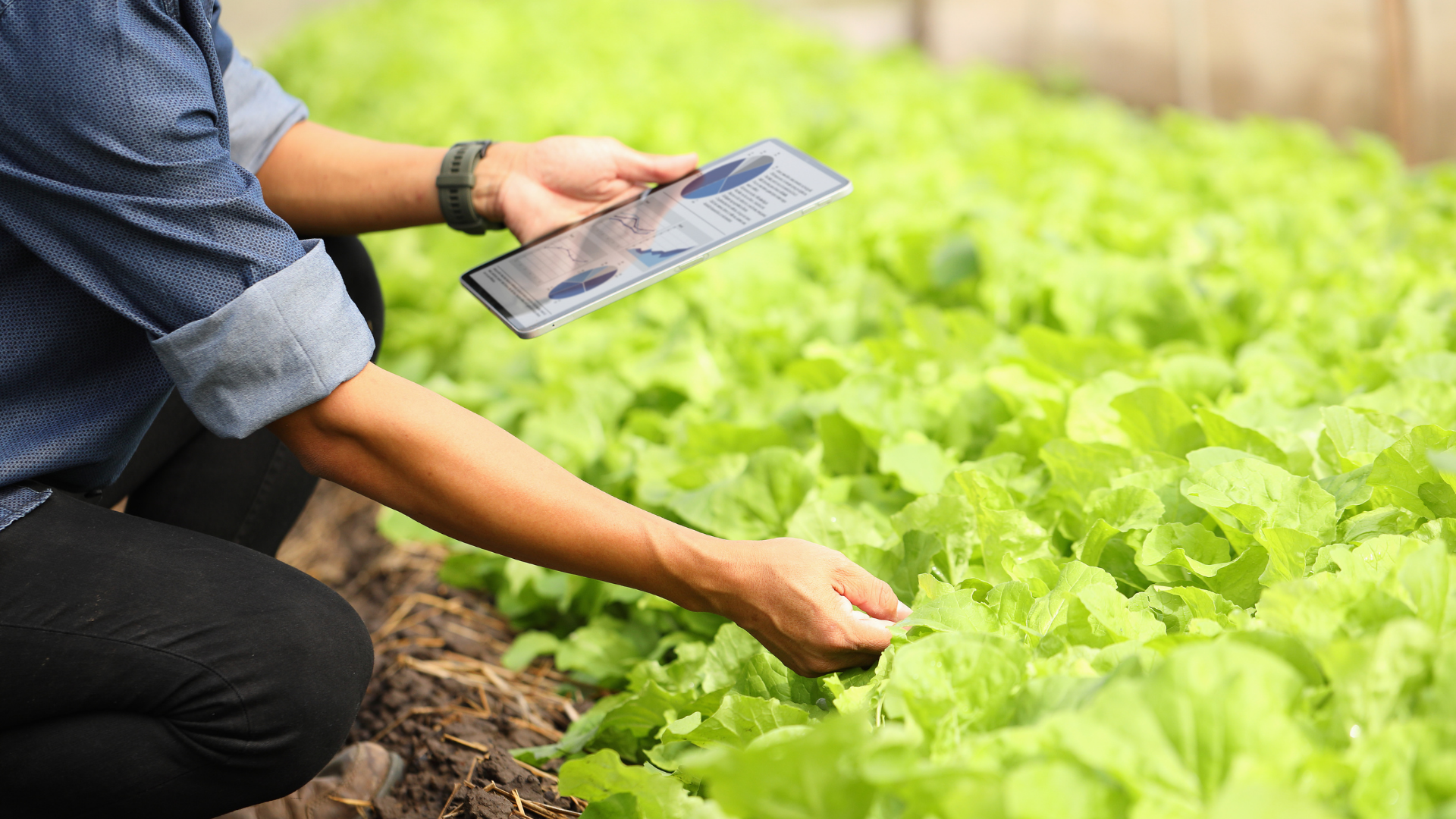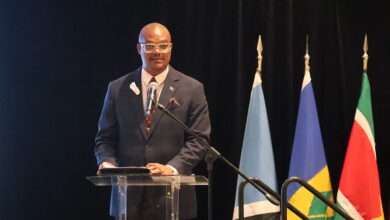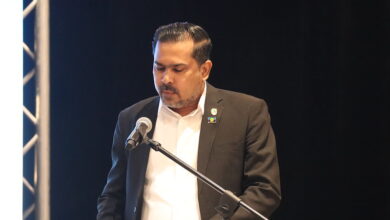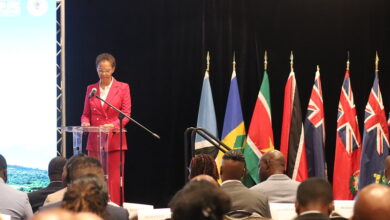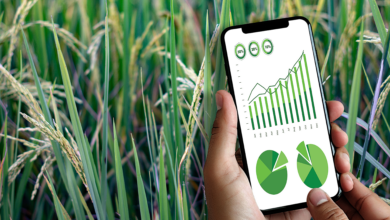“The data from Round 8 is not an endpoint; it is a catalyst for region-wide recovery, reform, and resilience.”
Ambassador David Prendergast
Director of Sectoral Programmes, CARICOM Secretariat
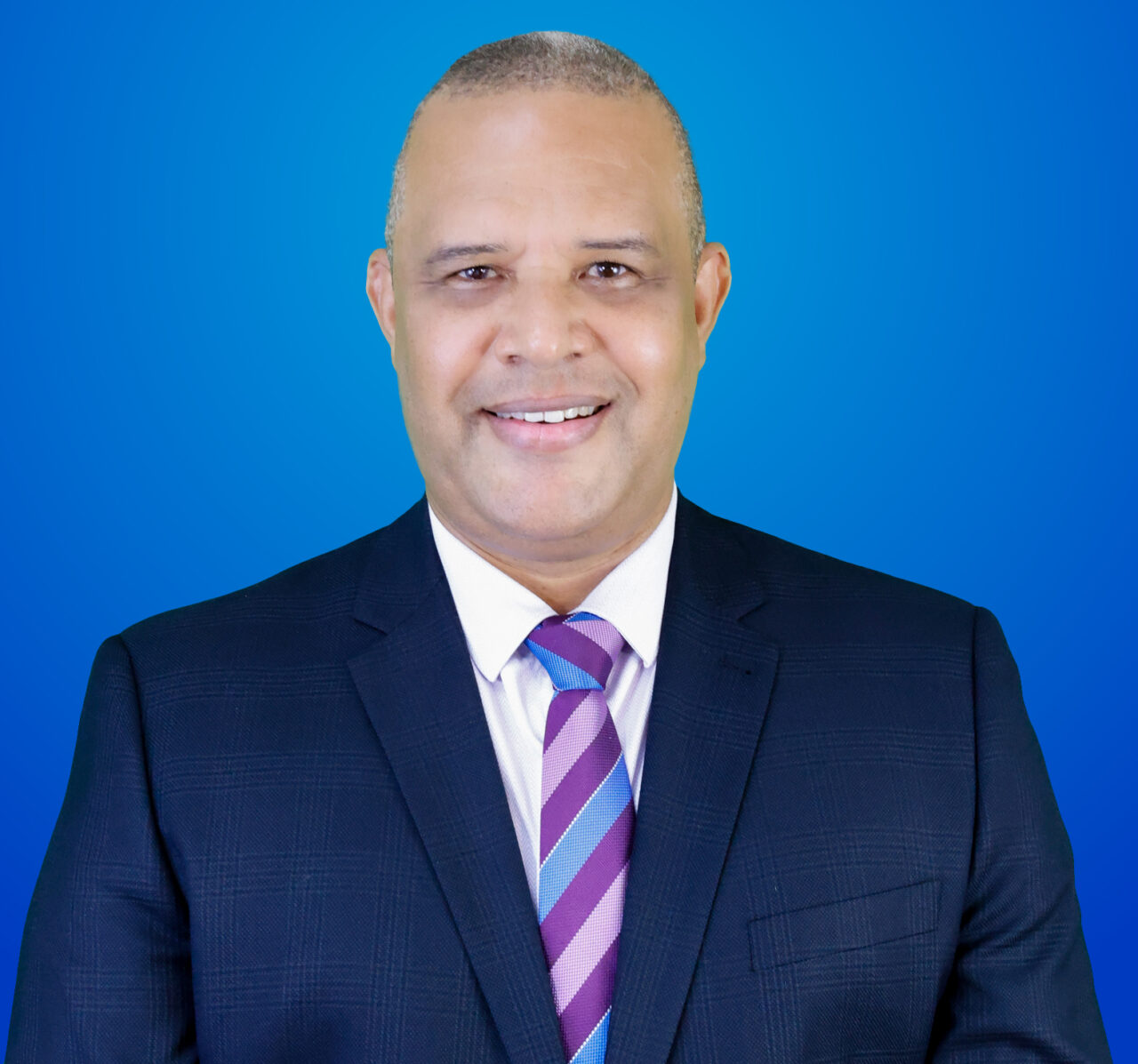
The CARICOM Secretariat, in collaboration with the World Food Program (WFP) and regional partners, officially launched the results of the 8th Caribbean Food Security and Livelihoods Survey during a virtual ceremony on Wednesday. The event featured remarks by Ambassador David Prendergast, Director of Sectoral Programmes, who emphasised the survey’s critical role in shaping evidence-based policy across the Region.
In his address, Ambassador Prendergast highlighted the survey’s evolution since its inception in 2020, noting its value in capturing the lived experiences of Caribbean citizens, particularly the most vulnerable.
“With each successive round, we’ve deepened our understanding of the structural and emerging challenges affecting livelihoods, food access, and resilience,” he stated.
The director noted that the latest findings underscore the ongoing impacts of climate shocks, economic uncertainty, and the rising cost of living on food security and livelihoods. He also revealed that the data indicated a powerful narrative of community resilience, with households turning to home gardening, income diversification, and local support systems in the face of adversity.
Looking ahead, he called for bold, targeted action to build on this resilience. The Director also outlined key priorities for CARICOM, including: strengthening shock-responsive social protection systems, investing in climate-smart agriculture and regional value chains, supporting youth, women, and micro-entrepreneurs and enhancing regional food systems integration, including logistics and digital access.
“The data from Round 8 is not an endpoint; it is a catalyst for region-wide recovery, reform, and resilience,” Ambassador Prendergast concluded, urging stakeholders to translate insights into impactful policy and programming.
Please read his complete remarks below.
Remarks by David Prendergast, Director, Sectoral Programmes, CARICOM Secretariat
Virtual Launch of Results Ceremony
8th Caribbean Livelihood and Food Security Survey – Results
Wednesday, 30 July 2025
Mr. Brian Bogart, World Food Programme Representative,
Ms. Keithlin Caroo-Afrifa,
Development partners and stakeholders,
Distinguished Colleagues,
Ladies and gentlemen,
It is a pleasure and a privilege to welcome you to this important presentation of the 8th Round of the Caribbean Food Security and Livelihoods Survey. I extend sincere appreciation to our Member States, the World Food Programme (WFP), and to our regional and international partners whose continued collaboration has made this initiative a cornerstone of evidence-based policymaking in our region.
Since the survey’s inception in 2020, CARICOM has remained steadfast in its commitment to listening to the lived realities of our citizens, especially the most vulnerable. With each successive round, we’ve deepened our understanding of the structural and emerging challenges affecting livelihoods, food access, and resilience across our diverse Caribbean economies.
This initiative has been instrumental in:
- Assessing the state of food security across the Region,
- Demonstrating the critical role of data in agricultural planning and policy, and
- Advancing CARICOM’s broader agricultural development agenda.
Over the past five years, the survey has consistently tracked the impacts of climate shocks, rising cost of living, and economic uncertainty on food security, livelihoods, and access to essential services. The insights generated are designed to empower decision-makers with the data needed to craft responsive, people-centred policies.
At the same time, we must acknowledge the remarkable resilience demonstrated across the Caribbean. From home gardening and income diversification to community-based support systems, households have adapted in inspiring ways when formal mechanisms have fallen short.
As a Region, CARICOM’s path forward must build on this resilience through targeted investments and bold policy shifts.
This includes:
- Advancing social protection systems that are shock-responsive and inclusive.
- Investing in climate-smart agriculture and regional value chains that reduce dependency on external markets.
- Supporting youth, women, and micro-entrepreneurs in transitioning from vulnerability to opportunity.
- Enhancing regional food systems integration, including transport, logistics, and digital market access.
Finally, we renew our gratitude to the World Food Programme (WFP), the Caribbean Disaster Emergency Management Agency (CDEMA), the Food and Agriculture Organisation of the United Nations (FAO), the European Union, Global Affairs Canada, and other partners for their unwavering support in documenting and addressing food insecurity in our region. Their efforts amplify the voices of our people and translate them into meaningful action.
Colleagues, the data from Round 8 is not an endpoint—it is a catalyst for region-wide recovery, reform, and resilience. Let us now turn today’s knowledge into targeted policy, into programming that delivers, and into progress that endures.

